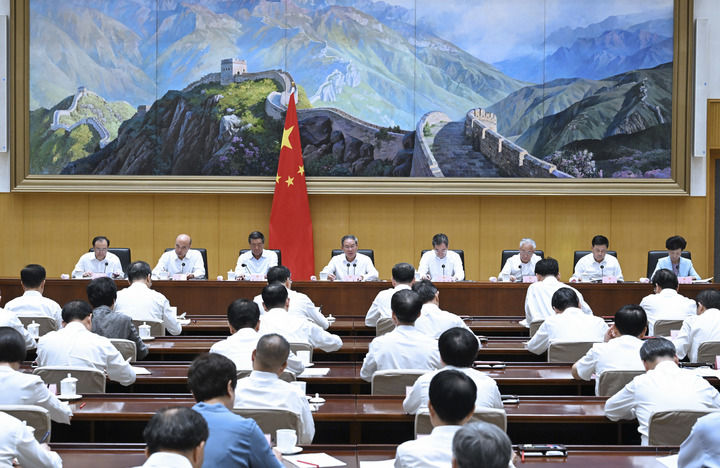由中国城市规划协会主编,广州市城市规划勘测设计研究院有限公司、中国城市规划设计研究院、北京市城市规划设计研究院、北京清华同衡规划设计研究院有限公司参编的团体标...

中文标题:新时代城市治理前瞻:探索可持续的城镇化之路
英文标题:Advances and Prospects in Urban Governance in the New Era: Exploring the Road to Sustainable Urbanization
作者信息
李志刚 武汉大学城市设计学院院长、教授,中国城市规划学会理事,中国城市规划学会城乡治理与政策研究学术委员会副秘书长,湖北省人居环境工程技术研究中心主任
陈宏胜 深圳大学建筑与城市规划学院助理教授,中国城市规划学会城乡治理与政策研究学术委员会青年委员(通讯作者)
肖扬 同济大学建筑与城市规划学院副教授
刘慧有 广东省自然资源厅主任科员
摘要 我国的人口城镇化率已超过 60%, 人口城镇化和经济发展从数量型增长为主转向质量型提升为主,城市治理所面对的城镇化问题将更为复杂,也更为困难。特别是在快速城镇化阶段的后期,发展速度的下降将大幅提升城市问题的解决难度,城镇化进程中产生的“内卷效应”不断增强。为应对挑战,亟须探索出一套具有中国特色的城市治理体系,推进治理创新。本文认为,新时期的城市治理体系建设应以保障我国城镇化的可持续性为目标,稳固城镇化根基,提高城镇化的稳定性。未来,城市治理体系的抓手应从自上而下和自下而上两个方面发力。一方面,自上而下的国土空间规划编制及实施为更加健康的城镇化提供了有力保障。为适应新时代的发展要求,国土空间规划应更加注重对社会问题和社会风险的预判与应对,进一步强化治理效能。另一方面,从自下而上的角度看,区域、城市特别是超大城市以及社区三个空间尺度,均面临治理创新的迫切要求。我国正处于大变革、大转型的关键时期,层出不穷的新问题和不断创新的规划实践也为学界提供了大量素材,基于中国经验的城市治理实践和理论总结将是我国对全球城镇化知识的重要贡献。
关键词 城镇化;城市治理;可持续;内卷效应
Abstract In 2020 China’s urbanization rate has exceeded 60%. Urbanization and economic development shift from quantitative growth to quality improvement. Against the context, the challenges of urban governance will be more complex and difficult. In particular, the decline in the development speed as to the developmental stage will greatly increase the difficulty of solving urban problems, and the “involution effect”produced by the process may deteriorate. To address these challenges, it is urgent to explore an innovated urban governance system with Chinese characteristics. We put forward that the construction of the urban governance system in the new era should aim at ensuring the sustainability of urbanization, stabilizing the foundation of urbanization, and enhancing the stability of urbanization. The starting point of the future urban governance system includes both “top-down” and “bottom-up” aspects. On one hand, the top-down territorial and spatial planning provides a strong guarantee for healthier urbanization. To meet the development requirements of the new era, territorial and spatial planning should pay more attention to anticipating and responding to social problems and social risks, and further strengthen governance efficiency. On the other hand, from a bottom-up perspective, the three spatial scales of regions, cities, especially megacities, and communities all face urgent requirements of governance innovation. China is in a critical period of major changes and major transformations. The new social issues and innovative planning practices have also provided a great deal of materials for the academic community. Urban governance practices and theoretical summaries based on our experience will be China’s important knowledge contribution to the global urbanization.
Keywords urbanization; urban governance; sustainability; involution effect
来源:《城乡规划》2021 NO.5


李强主持召开国务院第九次全体会议强调 巩固拓展经济回升向好势头 努力完成全年经济社会发展目标任务... [详细]

2024年2月1日,中国城市规划协会向国家知识产权局推荐来自3家会员单位的发明专利参评第二十五届中国专... [详细]